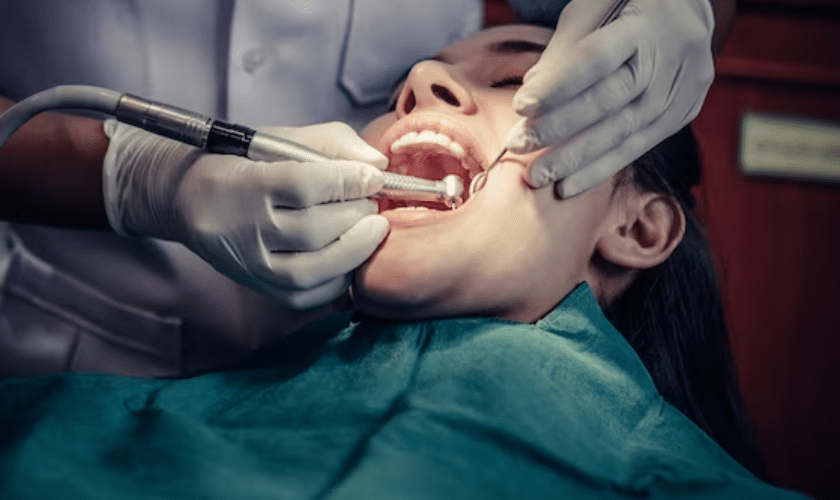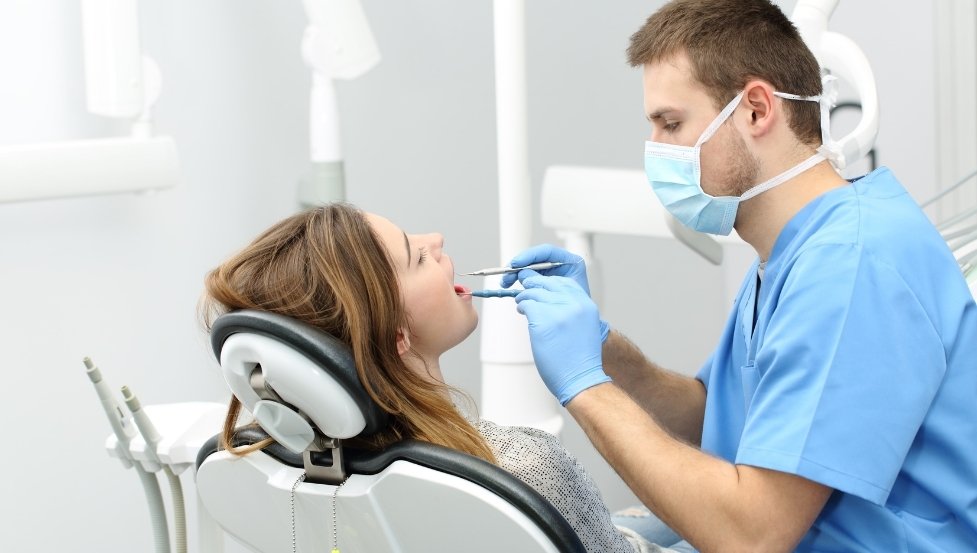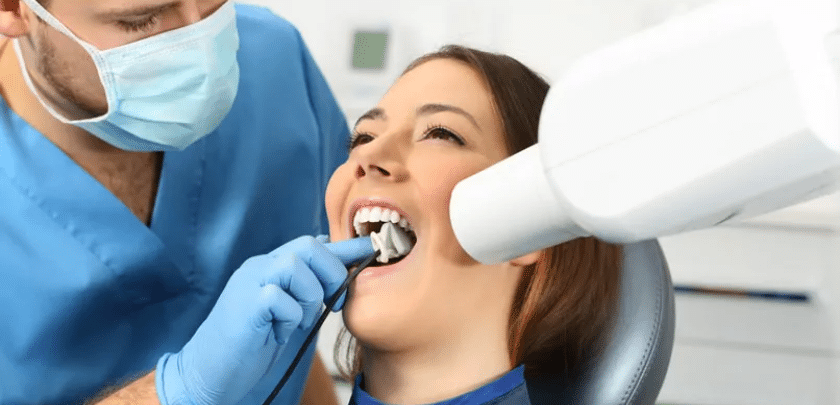
Dental emergencies are never a fun experience, but unfortunately, they happen more often than we’d like. Whether it’s a sudden toothache or a broken tooth, these dental emergencies can strike at any moment and leave us feeling helpless and in pain. That’s why it’s essential to know what steps to take when you’re faced with such an emergency. In this blog post, we’ll be discussing the dos and don’ts of dealing with a dental emergency so that you can be better prepared if one ever happens to you or your loved ones. So grab a cup of tea (or maybe some ice for that tooth) and let’s dive in!
What is a dental emergency?
A dental emergency is when you experience sudden and severe pain or discomfort in your mouth, teeth, gums, or jaw. It can also involve a chipped or broken tooth, a lost filling, crown or bridge. Anything that requires immediate attention to stop bleeding, alleviate pain and prevent damage to the surrounding tissues qualifies as a dental emergency.
It’s important not to ignore any sign of oral distress as it could lead to more serious complications if left untreated for too long. Delaying treatment may result in permanent loss of teeth and other costly medical procedures down the road.
Some common signs of dental emergencies include persistent toothaches accompanied by swelling around the affected area; cracked or knocked-out teeth due to an accident; gum disease leading to bleeding gums; abscesses inside your mouth causing painful lumps on cheeks and tongue; impacted wisdom teeth making it hard for you to open your mouth fully.
Remember that time is crucial when dealing with dental emergencies. If you’re unsure whether what you’re experiencing constitutes an emergency call us immediately so we can help determine the most appropriate course of action for you!
What to do if you experience a dental emergency
Experiencing a dental emergency can be overwhelming and stressful. However, it’s important to stay calm and take immediate action to prevent further damage or pain. The first step is to assess the severity of the situation. Is it a minor issue that can wait until your regular dentist appointment or does it require urgent attention?
If you’re dealing with severe toothache, bleeding gums, or a broken tooth, seek professional help as soon as possible. Call your dentist’s office for an emergency appointment or visit an emergency dental clinic if necessary.
In the meantime, there are steps you can take to alleviate pain and minimize damage. Rinse your mouth with warm salt water to reduce swelling and disinfect the area. Apply ice packs on your cheek near the affected area for 10-15 minutes at a time.
If you have lost a tooth due to trauma, try to locate it immediately and keep it moist in milk or saliva until you reach professional help.
Don’t ignore any signs of infection such as fever or swollen glands – seek medical attention right away.
Remember that prevention is key when it comes to dental emergencies. Regular check-ups with your dentist can identify potential problems early on before they escalate into emergencies.
How to prepare for a dental emergency
- No one wants to experience a dental emergency, but it’s better to be prepared just in case. Here are some tips on how you can prepare for a dental emergency.
- Make sure you have the contact information of your dentist and an emergency dental clinic readily available. Program their numbers into your phone or keep them written down somewhere easily accessible.
- It may be helpful to create a small kit containing items such as gauze, ibuprofen or acetaminophen (if applicable), and salt packets. These items can help alleviate pain and swelling until you’re able to see a dentist.
- Another important aspect of preparation is having knowledge about what constitutes as a dental emergency. Understanding which situations require immediate attention from a professional can save time, money and further damage down the line.
- If you regularly participate in sports or other physical activities that could potentially lead to oral injuries, consider investing in a mouthguard. Protecting your teeth during high-risk activities will reduce the likelihood of experiencing dental emergencies.
- By taking these steps towards preparation for potential emergencies now, you’ll feel more confident and at ease should an unexpected situation arise with your oral health later on.
What to do if you have a dental emergency
- A dental emergency can be a scary and painful experience. If you find yourself in this situation, it’s important to stay calm and take action immediately.
- First, assess the severity of your situation. If you have severe pain, bleeding that won’t stop or swelling that is affecting your breathing or swallowing, seek medical attention right away. Call 911 if necessary.
- If the issue is less urgent but still requires immediate attention, call your dentist as soon as possible. Many dental offices have emergency appointments available for situations like these.
- In the meantime, try to manage any discomfort with over-the-counter pain medication and by applying a cold compress to the affected area (if there is swelling).
- Avoid eating hard or sticky foods that could aggravate the problem further. Stick to soft foods and avoid hot or cold temperatures until you can get treatment from a professional.
- Remember: prevention is key! Regular check-ups with your dentist can help catch potential issues before they become emergencies.
What to do if you don’t have insurance
- Not having dental insurance can be a cause for concern if you experience a dental emergency. However, there are still options available to receive the care you need.
- It is important to remember that many dental offices offer payment plans or financing options for those without insurance. Don’t hesitate to ask your dentist about these options as they may be able to work with you on an affordable payment plan.
- Another option is seeking treatment at a dental school or community health center. These facilities often provide services at reduced costs and even offer free care in some cases.
- Additionally, there are online resources such as discount plans and savings programs that can help alleviate the financial burden of emergency dental care.
- Remember that neglecting necessary treatment due to lack of insurance can lead to more serious and costly issues down the line. It’s always better to seek immediate care in case of emergencies rather than waiting until it becomes unbearable.
- Don’t let uninsured status prevent you from receiving necessary emergency dental care – explore all possible options and find what works best for your situation.
In times of dental emergency, it is important to stay calm and take the necessary steps to address the situation. Remember, prevention is always better than cure, so make sure that you take good care of your oral health by practising proper hygiene and visiting your dentist regularly. Although we cannot predict when a dental emergency will happen, being prepared can make all the difference in saving your teeth and preventing further damage. Make sure that you have a plan in place for emergencies and know how to contact your dentist or local hospital if needed. If you do experience a dental emergency and don’t have insurance coverage, don’t hesitate to seek medical attention. There are many resources available that can help make treatment more affordable.
By following these dos and don’ts for dealing with a dental emergency, you’ll be well-equipped to handle any unexpected situations that may arise. Remember: quick action is key in protecting your oral health!


